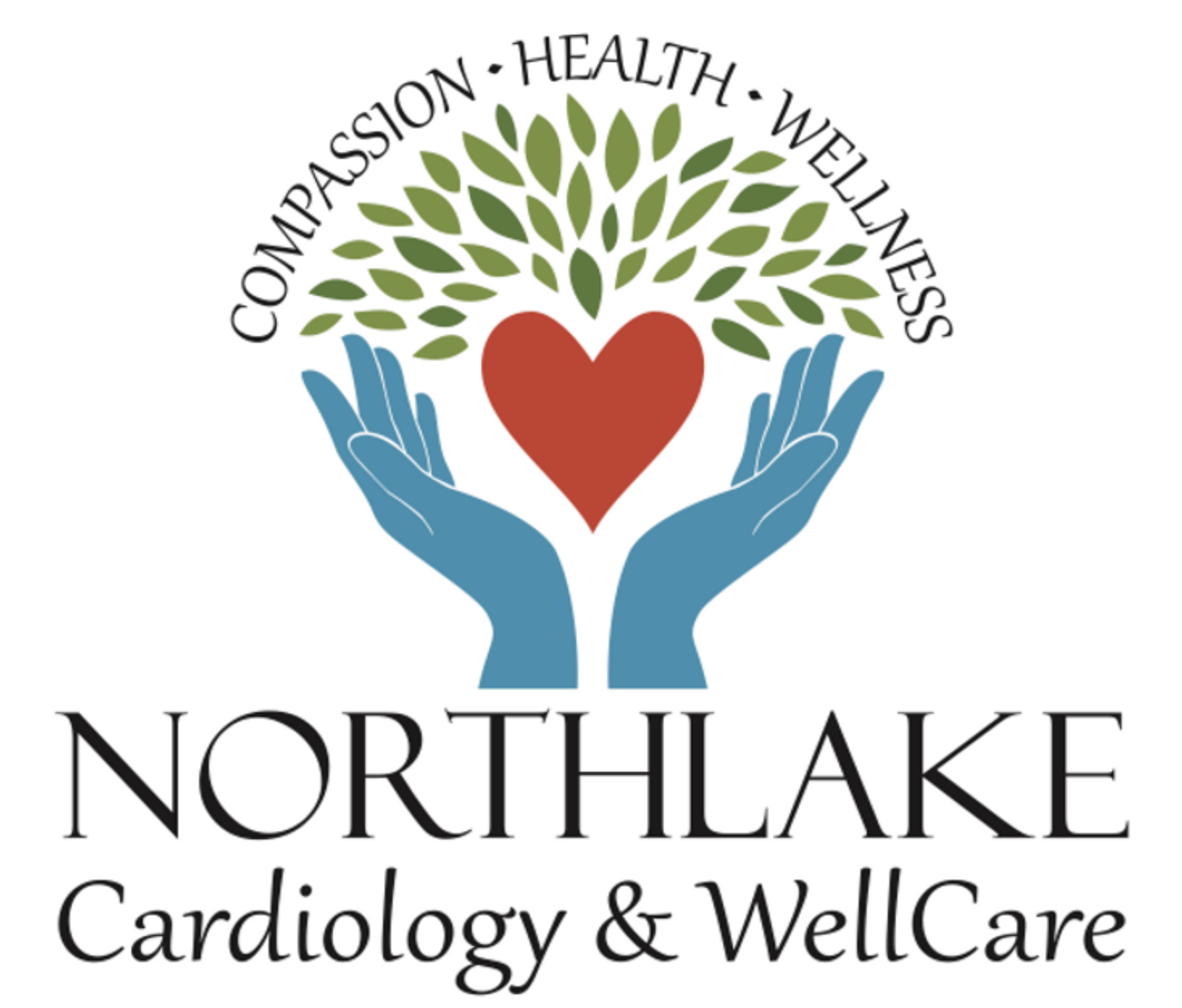Lifeline Screening
Lifeline Screening provides preventive health screenings and tests to identify potential health risks before symptoms appear. It’s important to note that while preventive health screenings can be beneficial, they are not a substitute for comprehensive medical care and should be considered as a complement to regular check-ups with healthcare providers.
Here are some key points about Lifeline Screening:
- Screening Services: Lifeline Screening offers a variety of health screenings, including ultrasound-based screenings, blood tests, and electrocardiograms (ECGs). The specific screenings offered may include assessments for cardiovascular health, diabetes, cholesterol levels, and more.
- Cardiovascular Screenings: Lifeline Screening often provides screenings related to cardiovascular health, such as carotid artery screening, abdominal aortic aneurysm screening, and peripheral arterial disease screening.
- Vascular Ultrasound: Many of Lifeline Screening’s services involve the use of ultrasound technology to create images of blood vessels and organs. This can help identify conditions such as blockages or abnormalities in blood flow.
- Limitations and Considerations: While preventive screenings can be valuable, they have limitations, and false positives or false negatives may occur. Additionally, not all individuals may benefit equally from certain screenings, and the decision to undergo screening should be based on individual health factors and risk assessments.
It’s crucial for individuals considering preventive health screenings to be well-informed about the specific screenings offered, the potential benefits, and the limitations of the services. Additionally, regular communication with primary care physicians is essential to ensure that screening results are appropriately interpreted and integrated into an individual’s overall healthcare plan.




